The Ebiil Society: Champions of Palau
Ann Singeo, founder of our partner organization the Ebiil Society, shares her vision for a thriving Palau and a flourishing world of indigenous science!
Our new online shop is live!
Published on
June 4, 2019
Written by
isabelle
Photo credit
isabelle
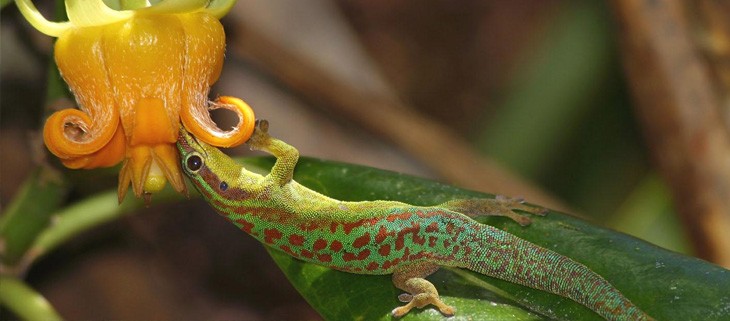
Islands are home to upwards of 6,800 highly threatened plants as well as a very large portion of extinct and endangered birds. Thus, demonstrating the urgency for conservation efforts to focus their attention on oceanic islands. In order to be as effective as possible in conservation efforts, the ecology of threatened species must be fully understood.
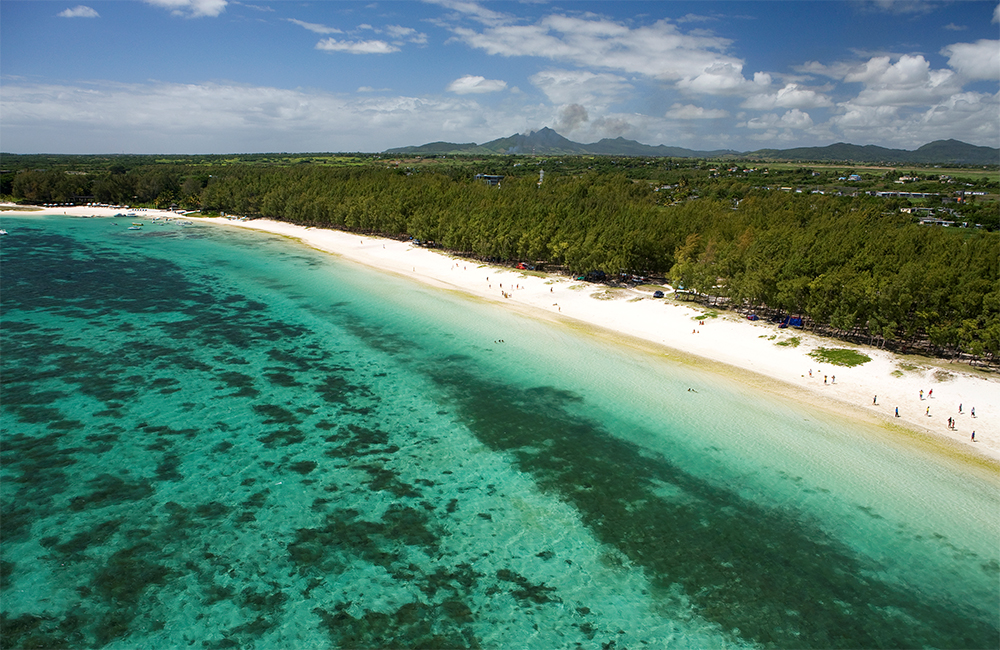
A new study on Mauritius, an oceanic island 900 km east of Madagascar, has determined a new primary pollinator for Roussea simplex, a highly threatened endemic plant. In the 1930s Roussea simplex was abundant but since its population has been dramatically declining, despite the majority of its presence being within protected areas.
Prior to this study only one species, the endemic day-gecko (Phelsuma cepediana), had been shown to pollinate and spread the seed of Roussea simplex. By setting up camera traps researchers were able to identify the number of native and alien flower visitors in four populations of Roussea simplex. This study found that 74-96% of local species interactions were with the native threatened bird Mauritius Bulbul. This is the first documentation of a Mauritius Bulbul pollinating Roussea simplex. Results showed that areas where the Mauritius Bulbul was low or locally extinct, Roussea simplex had a very low seed set. This study also showed that nectar robbers, such as the invasive alien rat and long-tailed macaque, had very negative effects on the plant.
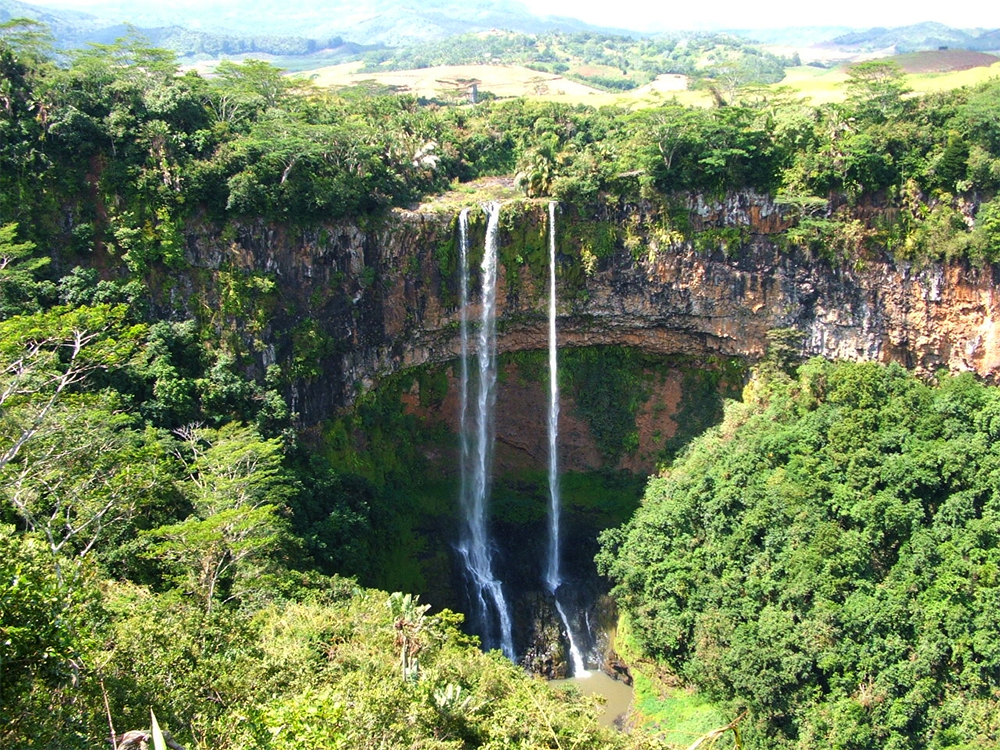
Before this study, the only recorded threat to Roussea simpelx was the alien ant, T. albipes. This ant was believed to be the main cause behind its rapid decline. Research showed that T. albipes drove away the day-gecko, limiting its ability to pollinate the Roussea simplex flowers or spread its seed. At the time this gecko was the single known pollinator, therefore, conservation efforts focused on the alien ant species. However, this study demonstrates the need for new conservation management priorities. We should aim to stimulate the mutualistic relationship between Mauritius Bulbul and Roussea simplex as well as control invasive alien rat and long-tailed macaque populations. These findings exemplify the urgency to study threatened or endangered species ecology, as to better inform conservation efforts and strengthen their success.
Featured photo: Adult male gecko pollinating a male-phase Roussea simplex flower. Credit: Hansen and Müller
Source: Bissessur et. al 2019
Check out other journal entries we think you might be interested in.

Ann Singeo, founder of our partner organization the Ebiil Society, shares her vision for a thriving Palau and a flourishing world of indigenous science!

This historic agreement aims to protect the marine and coastal areas of the Southeast Pacific.

Our projects to restore key islets in Nukufetau Atoll forecast climate resilience and community benefits in Tuvalu!
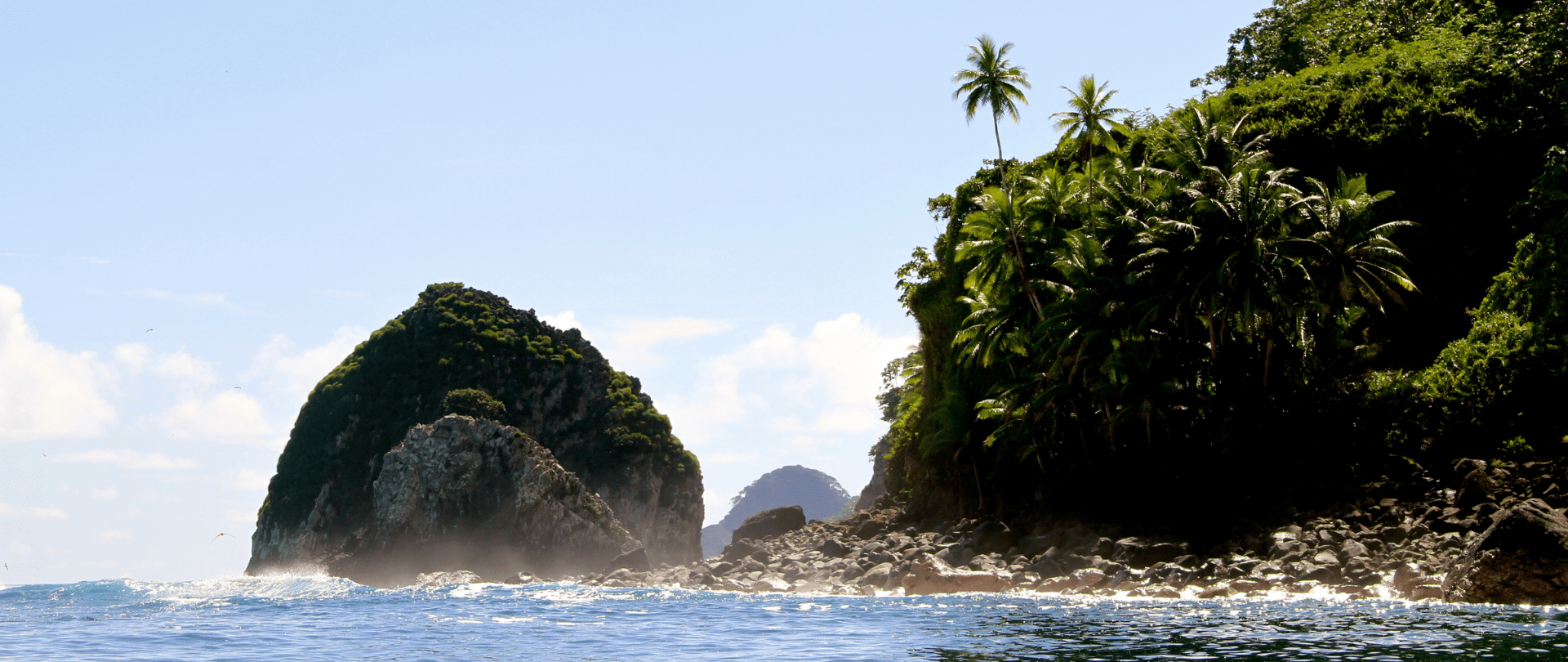
Island Conservation attended the 16th meeting of the Conference of the Parties to the Convention on Biological Diversity!

Island Conservation and partners have published a new paper quantifying ecosystem resilience on restored islands!

Climate Week NYC: what is it and why is it important? Read on to find out why Island Conservation is attending this amazing event!

With sea levels on the rise, how are the coastlines of islands transforming? Read on to find out how dynamic islands really are!
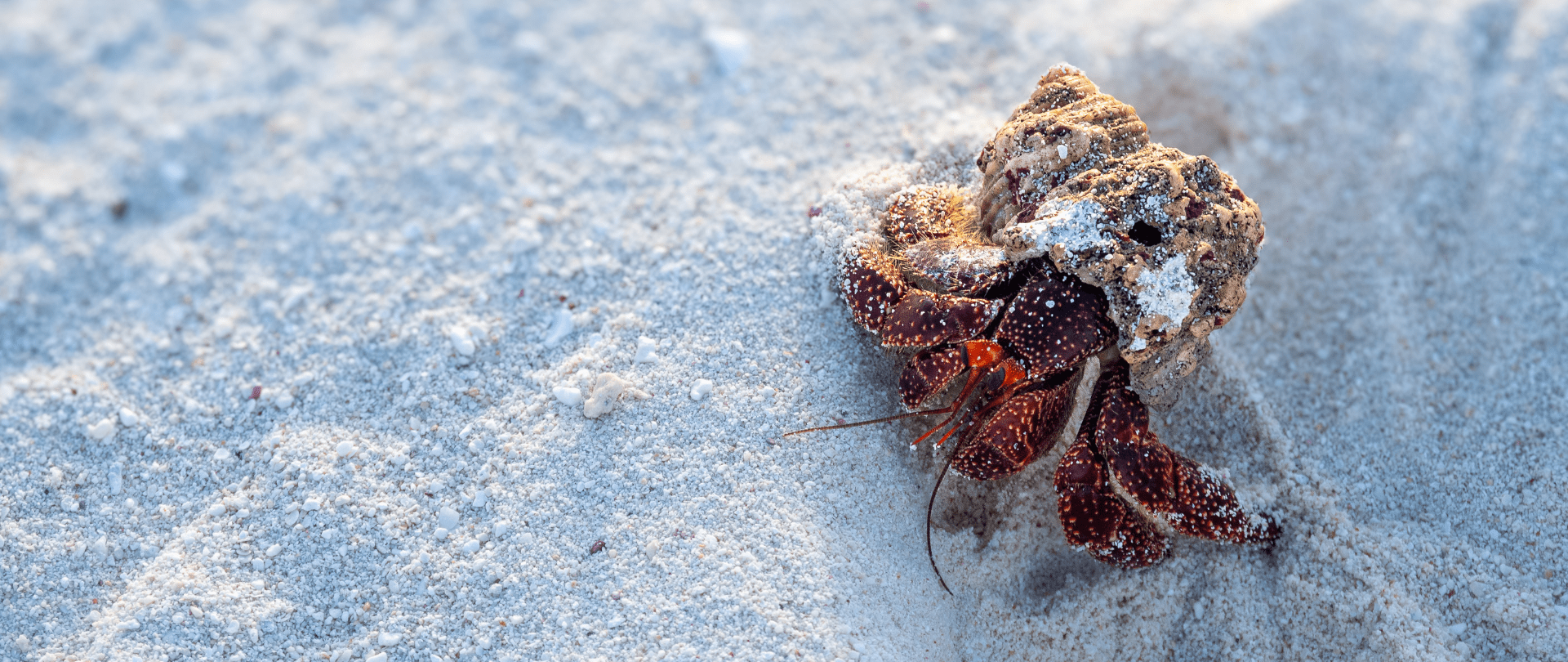
Three Island-Ocean Connection Challenge projects in the Republic of the Marshall Islands bring hope for low-lying coral atolls!
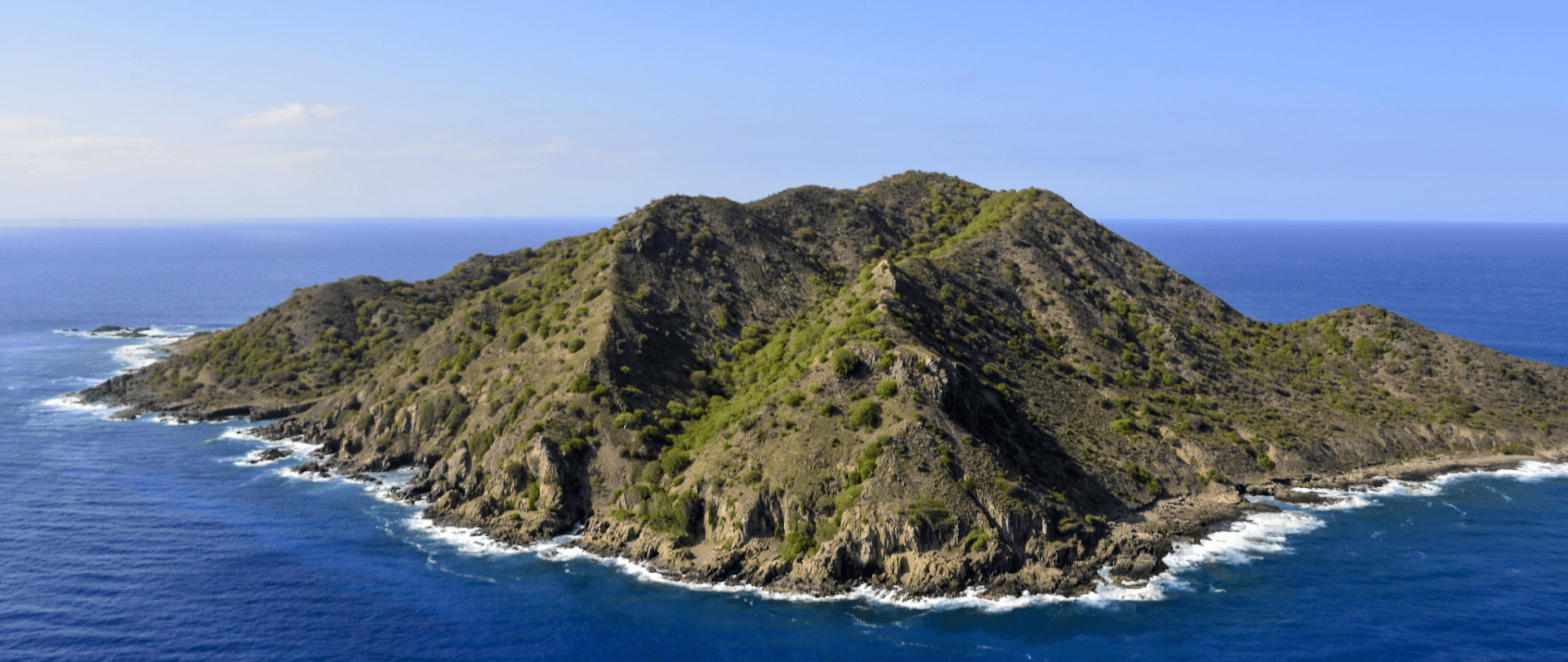
A new article in Caribbean Ornithology heralds the success of one of our most exciting restoration projects: Desecheo Island, Puerto Rico!

Part 2 of filmmaker Cece King's reflection on her time on Juan Fernandez Island in Chile, learning about conservation and community!